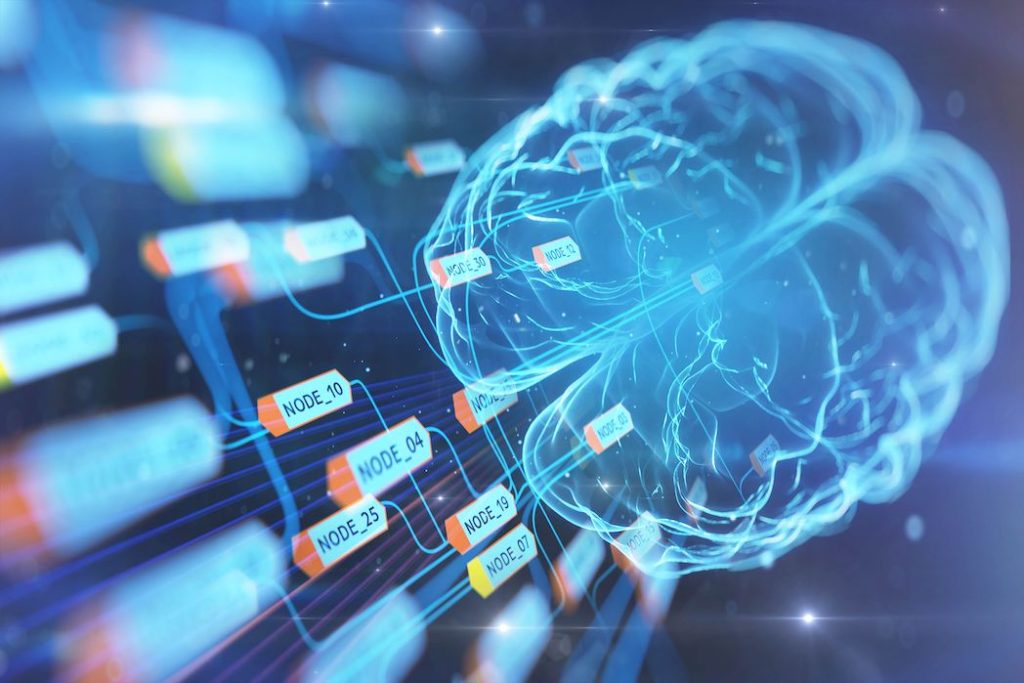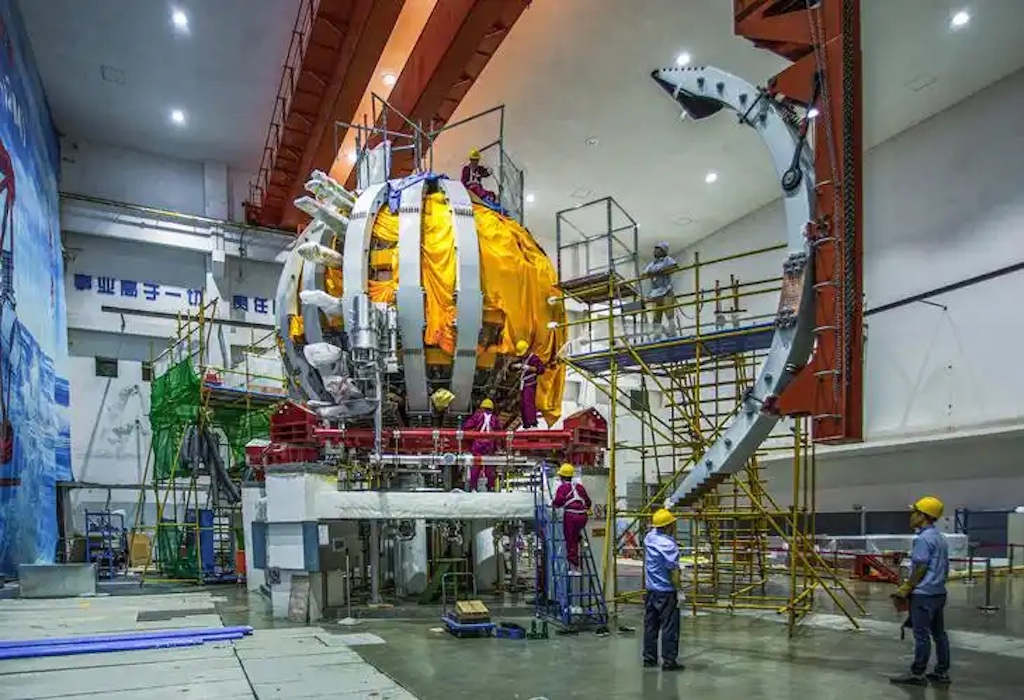Musk’s Neuralink Breakthrough: Brain-Computer Interface Enables Paralyzed Patients to Walk Again, Reigniting Ethical Debates
Elon Musk's Neuralink recently announced a groundbreaking achievement: its brain-computer interface (BCI) technology has allowed paralyzed individuals to control external devices through neural signals, with preliminary trials suggesting potential for restoring mobility. While this innovation offers hope for neurological rehabilitation, it has intensified debates over safety, transparency, and ethical boundaries in human-machine integration.




